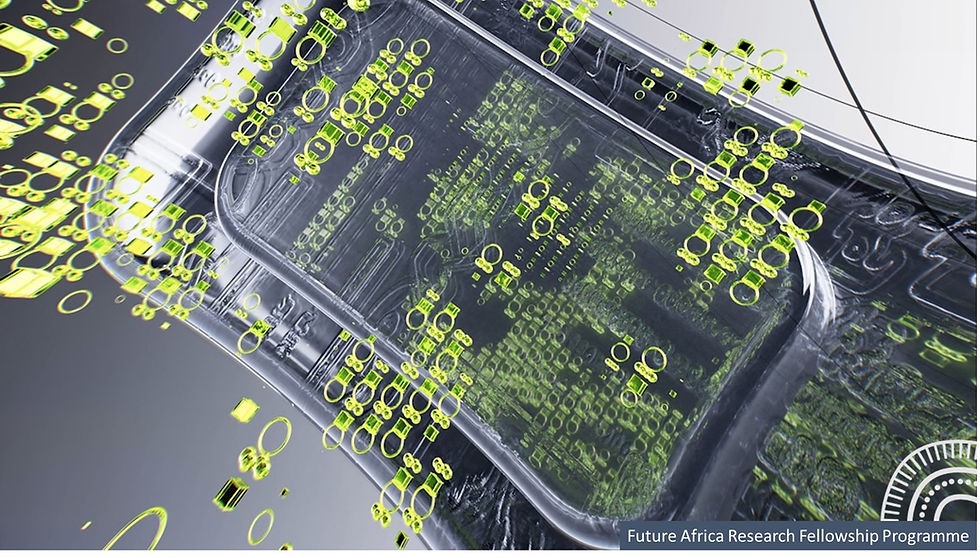Submitted (Chukwuma) | Fuzzy Based Spatial Risk Evaluation of Plastic Pollution: A Case Study of Anambra State of Nigeria
- Leti Kleyn
- Dec 1, 2021
- 2 min read

Plastic pollution is a global environmental issue which requires urgent attention as it threatens natural systems, human health, and aesthetic values. This is an evident burning issue in most developing countries, as the massive daily output of plastic waste and a lack of efficient waste management systems have led to plastic leakage into drainage networks. Hence, the aim of this study is to geospatially model the risk of plastic pollution using Anambra State in Nigeria as a case study. Data on variables influencing plastic leakage, such as plastic waste density, slope, land use, drainage density and distance to drainage network, were obtained to achieve this aim. Geographic Information Systems (GIS) were used to delineate their thematic maps. These variables were then integrated using fuzzy logic to obtain the final risk map for the study area. The result of the study indicates that the total area at very high risk is 1840.03 km2, which constitutes about 40.11% of the total study area. Results also show that the southern part of the study area is more susceptible to plastic waste leakage. This could be linked to factors such as a highly dense population and an increasing rate of urbanization in the region. Thus, waste collection should be frequent and strategic, with higher priority attached to areas identified as high-risk zones in this study. Furthermore, the state government needs to work with plastic recycling companies to effectively collect plastic waste in the areas classified as hotspots in plastic litter accumulation.
Manuscript submitted to Heliyon | This (publication) was made possible (in part) by a grant from Carnegie Corporation of New 547 York. The statements made and views expressed are solely the responsibility of the author. The authors gratefully acknowledge support from the Future Africa Research Leader Fellowship (FAR-LeaF) Programme at the University of Pretoria.









